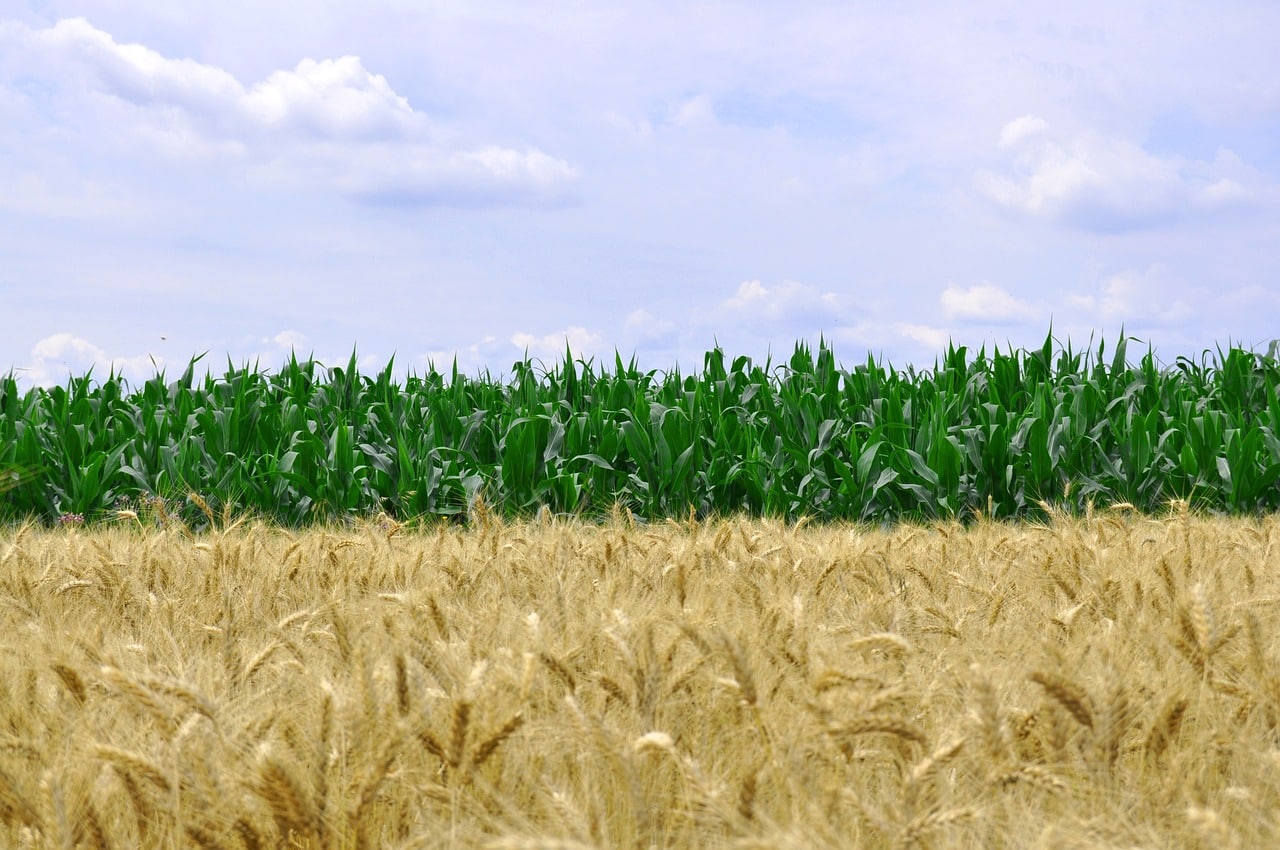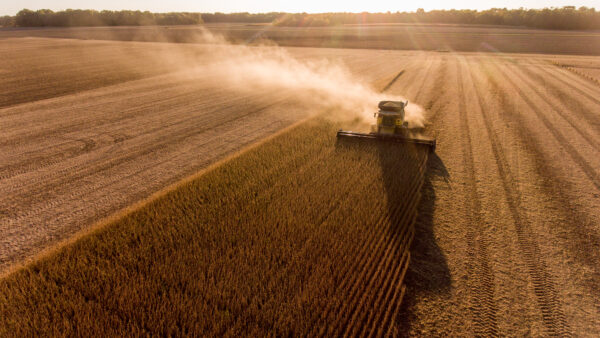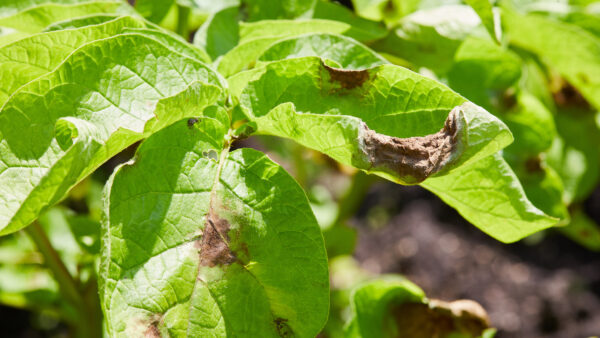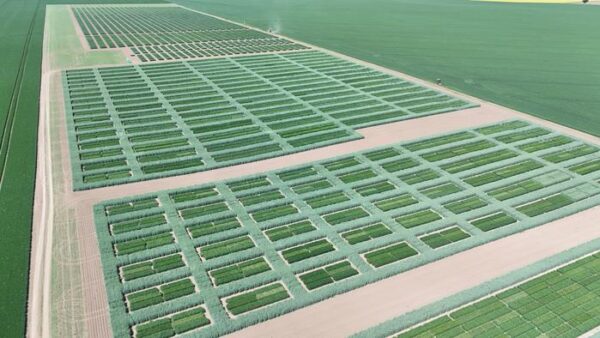Consolidation in the U.S. seed industry continues, according to reports by the USDA. Here’s what the numbers show.
Corteva and Bayer together accounted for more than half of all U.S. corn, soybean and cotton retail seed sales between 2018–20 (the most recent period for which estimates are available), according to a release from the United States Department of Agriculture (USDA).
There has been ongoing consolidation and concentration of the U.S. agriculture industry in recent decades. In 2015, six firms controlled the majority of the U.S. crop seed and agricultural chemical markets. Today, just four firms — Bayer, Corteva, ChemChina’s Syngenta Group, and BASF — dominate those markets.
The concentration of the industry began in the 1970s and 1980s when intellectual property rights for seed improvements expanded, incentivizing the research and development of new biotechnology seed traits and varieties by private companies. Improving biotechnology resulted in the first genetically modified crop varieties. Meanwhile, mergers between companies that specialized in pesticides, seed treatments, crop seeds and seed traits have over time resulted in an increasingly consolidated and highly integrated industry.
In June, 2023, the USDA released a Concentration and Competition in U.S. Agribusiness study that showcased U.S. market share values held by major companies for various crop types. According to the study, the retail value of the U.S. corn seed market increased from $2,110M/yr in 2000-2003 to $7,910M/yr in 2018-2020. The top five most dominant companies controlled 59.5% of the corn market in 2000-2003. In 2018-2020, the top four companies controlled an estimated 83.9% of the corn market, accounting for $6,636.49M/yr.
In soybeans, the retail value of seeds increased from $1,501M/yr in 2000-2003 to $4,740M/yr in 2018-2020. The top five most dominant companies controlled 48.2% of the soybean market in 2000-2003. In 2018-2020, the top four companies controlled an estimated 78.1% of the soybean market, accounting for $3,701.94M/yr.
Corteva and Bayer accounted for 71.6% of total U.S. corn seed sales and 65.9% of total U.S. soybean seed sales in the 2018-2020 estimates.
In cotton, the retail value of seeds increased from $611M/yr in 2000-2003 to $966M/yr in 2018-2020. The top five most dominant companies controlled 88% of the cotton market in 2000-2003. In 2018-2020, the top four companies controlled an estimated 93.5% of the cotton market, accounting for $903.21M/yr.
Delta & Pine Land dominated the cottonseed market until 2007 when it was acquired by Monsanto and its Stoneville and FiberMax cottonseed brands were sold to Bayer. From 2008 until about 2016, two companies — Bayer and Monsanto — together held the majority of market share.
In other key U.S. crops, the USDA report says market share concentration by major players is “likely to be high in canola, sugar beet, and alfalfa seed, for which GM traits are popular, and probably lower in markets where conventional seed varieties predominate and where public-sector varieties and farmer-saved seed continue to be widely used (e.g., for wheat and other small grains, peanuts, and dry beans).”
The report goes on to say that the market for vegetable seeds is diverse across crop types but appears dominated by private-sector varieties. “Large seed-chemical companies like Bayer and Syngenta have significant investments in proprietary vegetable seeds, but there are also a number of midsized companies (including several Dutch companies) that have a significant presence in U.S. and global seed markets for specific vegetables.”











